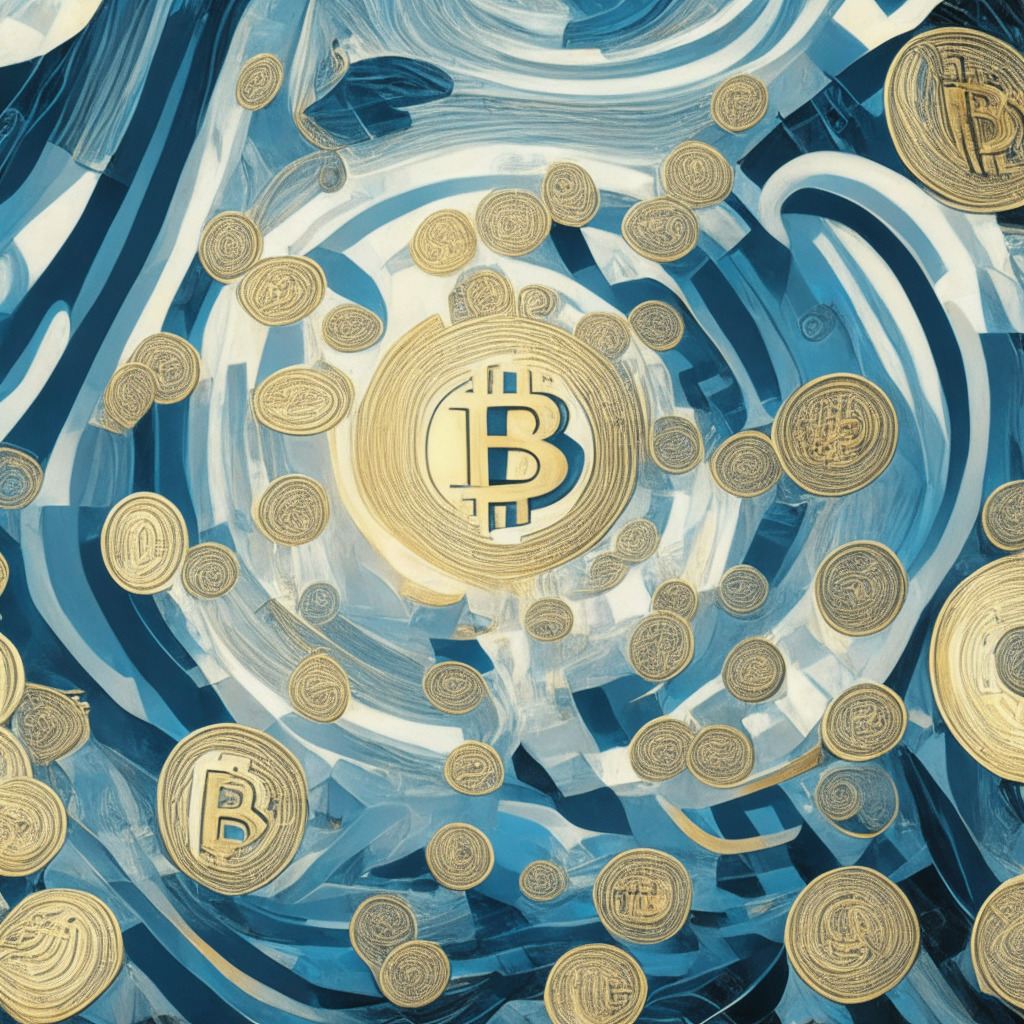In a bid to embrace the wave of digitalization, financial services giant, PayPal, is launching a new feature, the Cryptocurrencies Hub. This hub will allow users to interact with digital assets like Bitcoin directly from their PayPal account, effectively reinventing the platform into a crypto-inclusive ecosystem. The new feature is expected to support purchases, sales, and even payments with cryptocurrencies.
Sounds good so far, right? Yet, there’s always another side of a coin (no pun intended). It seems not every PayPal member will be fortunate enough to avail the new feature. The privilege will be awarded on a user-by-user basis, dependent on a set of prerequisites– a good standing personal PayPal account, verified personal information, and a Balance Account to name a few.
Furthermore, it’s worth noting that while PayPal’s Cryptocurrencies Hub represents users’ ownership of crypto assets, the users won’t hold the digital crypto assets themselves. The balances in your hub solely confer entitlement, not possession.
PayPal’s new venture has sparked varied response within the crypto community. While some regard this modification as a step ahead in mainstream adoption of cryptocurrencies, others voiced concerns over the potential effects on decentralization and personal control of assets.
There’s yet another curveball. Cryptocurrency PayPal USD (PYUSD), the company’s own stablecoin, seems to have shaken up the waters even more. Some predict the PYUSD to supercharge Ether’s mainstream acceptance while others take skepticism a step further by citing possible centralization attack vectors in PYUSD’s smart contract.
This step by PayPal characterized a further integration of digital currencies into traditional financial systems. These moves can indeed provide newfound levels of convenience for crypto users, but the perplexity associated with the balance between central control and decentralized freedom remains in question. It’s evident that PayPal’s Cryptocurrency Hub has stirred up a cocktail of optimism and apprehensiveness, enhancing both the excitement and mystery in the never-ending saga of digital assets.
Source: Cointelegraph




